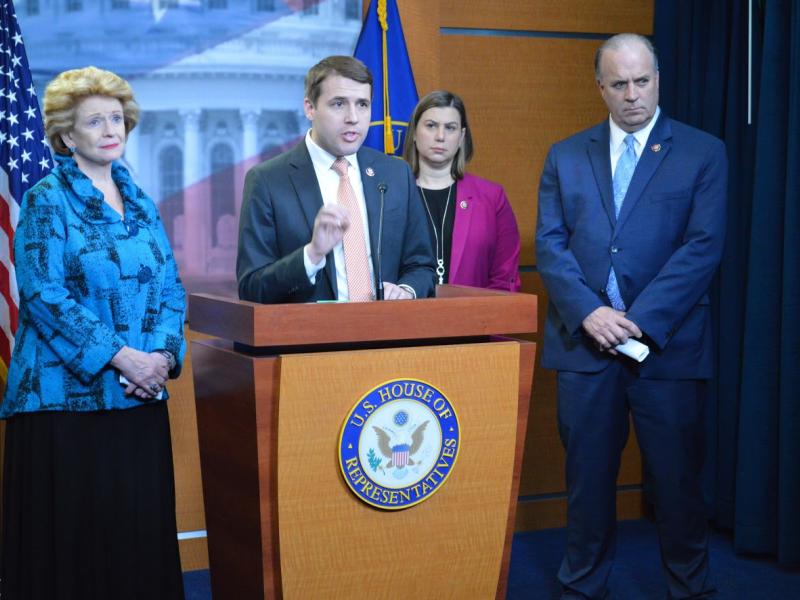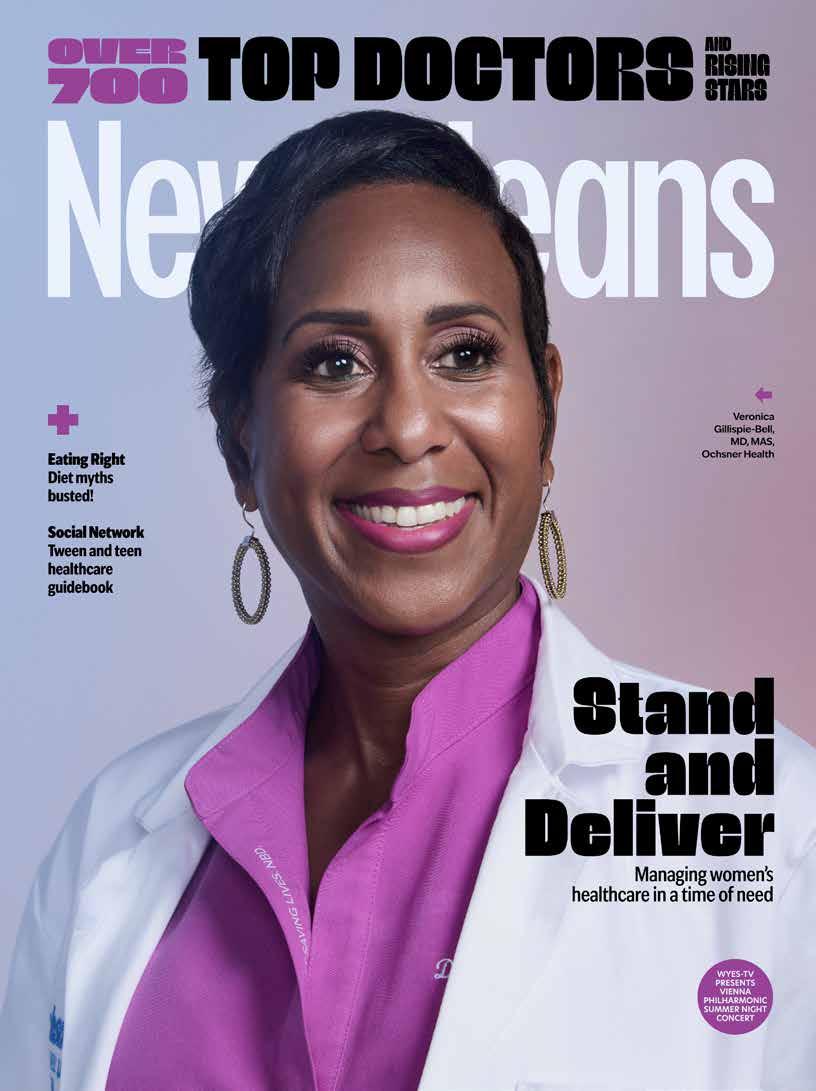Local Families Face Water Crisis
In the tranquil commune of Buschwiller, France, the nightmare of toxic contamination has shattered the illusion of safety for its residents. Sandra Wiedemann, a mother breastfeeding her six-month-old son Côme, feels the weight of fear as she learns that the water flowing from her tap may be laced with perilous chemicals. "It’s scary," she says, reflecting a sentiment shared by many in her community. With a local ban on drinking tap water now affecting 60,000 residents, the implications of this crisis extend far beyond mere inconvenience.
Pfas Contamination Exceeds Safe Limits
The ban in Saint-Louis arises from alarming revelations about per- and polyfluoroalkyl substances (PFAS), dubbed "forever chemicals" for their persistence in the environment and human body. Local authorities revealed that PFAS levels in the water exceeded safe limits by four times, a shocking statistic that underscores the gravity of the situation. These toxic compounds are associated with a range of health issues, including cancer, immune dysfunction, and reproductive problems, particularly alarming for vulnerable populations such as children and breastfeeding mothers. According to research findings, children exposed to PFAS are at increased risk for various health outcomes, raising urgent questions about the long-term effects on a generation.

Congressman Pappas joins bicameral group of lawmakers to ...
Community Response and Panic Buying
The announcement triggered widespread panic among residents, reminiscent of the chaotic supermarket scenes during the early days of the COVID-19 pandemic. Bottled water shelves were stripped bare as families scrambled to stockpile safe drinking water. Clement Luake, a supermarket employee, noted a dramatic surge in demand, stating, "It was massive," with deliveries of bottled water doubling weekly. The community"s anxiety is palpable, with some residents, like a 70-year-old woman who wished to remain anonymous, expressing, "We are terrorized—this is about water, without which we cannot live." This crisis has turned a peaceful region into a battleground for basic human rights.
Health Implications for the Vulnerable
Local health officials have identified approximately 3,000 individuals in vulnerable categories, including children under two years old, pregnant or breastfeeding women, and those with weakened immune systems. Each of these individuals will receive a nominal compensation of €80 to help cover the costs of bottled water. However, Wiedemann argues that the threat of PFAS extends far beyond these groups, saying, "It doesn’t just concern sensitive people—PFAS don’t choose who they attack." Her own health struggles, including two miscarriages and a diagnosis of endometriosis, have led her to question the potential connection to her water source. As reported by epidemiological studies, PFAS exposure has been linked to serious reproductive health issues, compelling us to reevaluate our water safety standards.

New Orleans Magazine August 2024 by Renaissance Publishing ...
The Broader European Context
The situation in Saint-Louis is a harbinger of what could unfold across Europe. With over 2,300 sites across the continent already exceeding the forthcoming EU limits for PFAS, the ban in this French commune may be just the beginning. Experts urge that the looming regulations set to take effect in January 2026 may expose even more communities to the harsh realities of contaminated water supplies. As Séverine Maistre, a local resident, warns, "If you look for PFAS, you find them everywhere." This raises critical questions about the true extent of PFAS contamination across Europe and the need for urgent policy interventions.
Legal and Environmental Repercussions
The source of this contamination—firefighting foam used at the Basel Mulhouse Freiburg airport—highlights the responsibility of industry in safeguarding public health. Local advocacy groups, such as the Association de Défense des Riverains de l’Aéroport de Bâle Mulhouse, led by Bruno Wollenschneider, are pushing for accountability, demanding that the airport fund the €20 million necessary for remediation. Wollenschneider"s assertion that "water is a public good" resonates deeply in the context of environmental justice—polluters must be held accountable for the harm they inflict on communities. As the European Union prepares to enforce stricter regulations, the pressure mounts for authorities to act decisively to protect public health.
The implications of the PFAS crisis in Saint-Louis are profound, underscoring the urgent need for comprehensive public health policies that prioritize the safety of drinking water. The intersection of environmental contamination, public health, and corporate accountability demands our immediate attention. As communities across Europe brace for similar challenges, it is imperative that we amplify our calls for transparency, action, and justice in the face of this growing public health crisis.



![[Video] Mount Etna erupts in Sicily, lava reaches 400 meters, yellow alert issued](/_next/image?url=%2Fapi%2Fimage%2Fthumbnails%2Fthumbnail-1766917884234-2sqn18-thumbnail.jpg&w=3840&q=75)
![[Video] Hawaii's Kilauea volcano erupts, fountains reach 70 ft, USGS reports](/_next/image?url=%2Fapi%2Fimage%2Fthumbnails%2Fthumbnail-1766574042820-tucull-thumbnail.jpg&w=3840&q=75)


![[Video] Gunfire between Iraqi security forces and Sadr militias in Baghdad](/_next/image?url=%2Fapi%2Fimage%2Fthumbnails%2Fthumbnail-1768343508874-4redb-thumbnail.jpg&w=3840&q=75)
